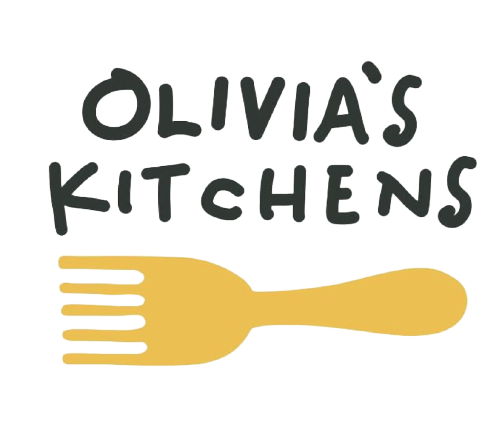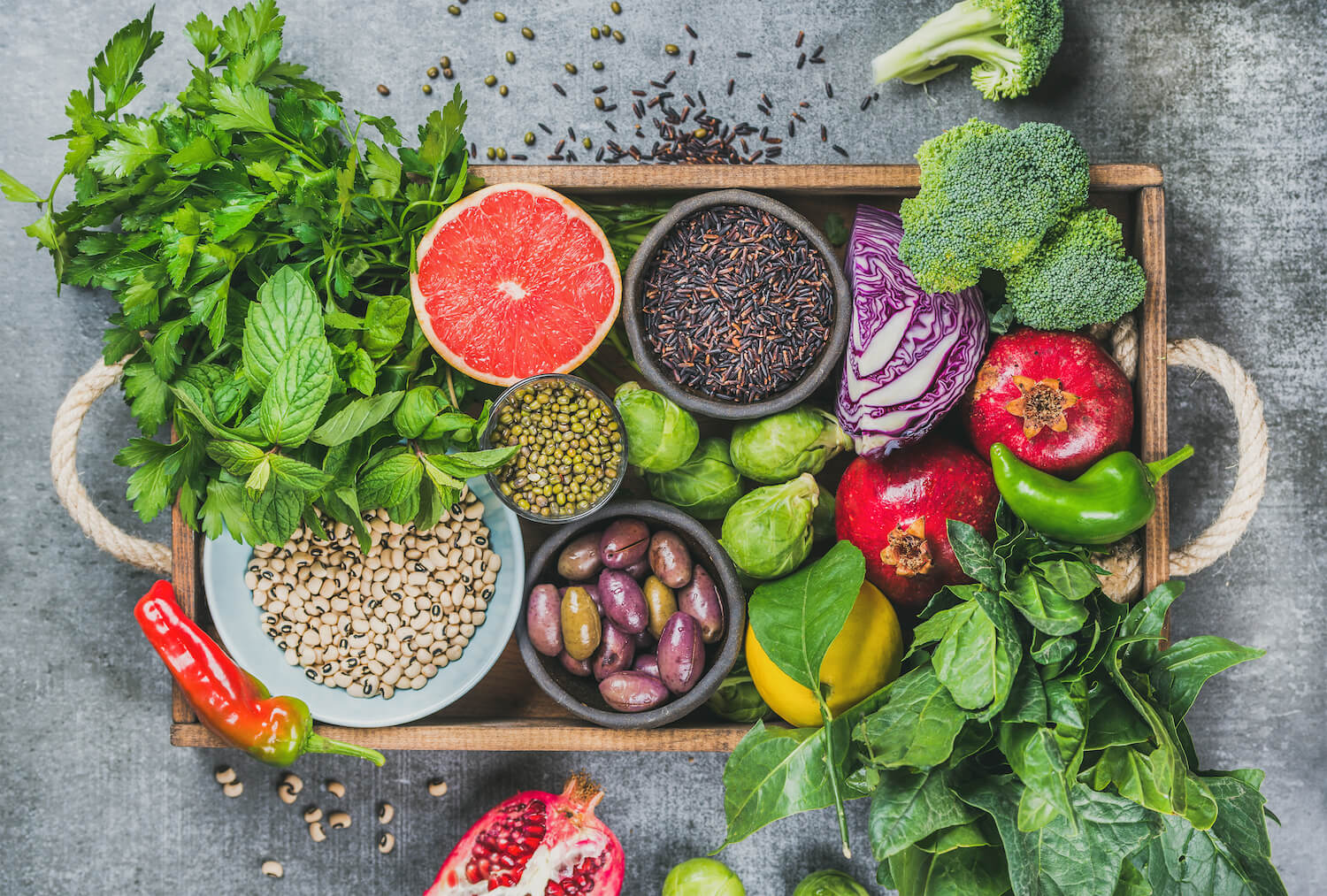What Is Clean Eating and What Does It Mean?
What is clean eating, you might be asking yourself? It’s a valid question, considering all the conflicting information on what constitutes clean eating. The definition of clean eating can differ depending on who you ask, but in general, it refers to consuming whole, unprocessed foods that are minimally processed. This includes fruits and vegetables, lean protein, whole grains, and healthy fats. Some people also include organic foods as part of their definition of clean eating.
So, what does clean eating mean?
Eating clean means consuming whole foods that are minimally processed. Some people also include organic foods as part of their definition of clean eating.
When you eat clean, you’re giving your body the nutrients it needs to function correctly. On the other hand, processed foods can contain harmful additives that sabotage your health. There are many benefits to eating clean. For one, it can help you lose weight or maintain a healthy weight. It can also improve your energy levels, mood, and digestion. Plus, it’s a sustainable way of eating that you can stick with for the long term.
If you’re interested in trying out a clean eating diet, plenty of resources are available to help you get started, including cookbooks and online meal plans. You might even want to consider hiring a personal chef who can prepare clean meals for you according to your specific preferences and dietary needs.
What foods are considered clean eating?
There are a lot of different interpretations of what clean eating actually is, but generally, it is thought to be consuming whole foods that are minimally processed. This means eating things like fruits, vegetables, lean protein, whole grains, and healthy fats.
Processed foods tend to be high in unhealthy ingredients like added sugar, salt, and fat. They can also contain harmful chemicals and preservatives. By contrast, clean eating focuses on nutrient-dense foods that will give your body the energy it needs to function correctly.
While there are no hard and fast rules about what you can and cannot eat on a clean diet, some standard guidelines include:
- eating primarily plant-based foods
- choosing lean protein sources
- avoiding processed foods
- limiting sugar intake
- eating moderate amounts of healthy fats
Of course, everyone is different, and you may find that some foods work better for you than others. The best way to figure out what works for you is to experiment with different foods and see how your body reacts. Listen to your hunger cues and cravings, and let them guide you toward the foods that will make you feel your best.
Can a personal chef help with clean eating?
Yes, a personal chef can help with clean eating by preparing meals for you that are made with whole, unprocessed, minimally processed foods. This can be a great way to make sure you are getting the nutrients your body needs while still following a clean eating plan. In addition, a personal chef can tailor meals to your specific preferences and dietary needs.
In conclusion, clean eating is healthy and focuses on consuming whole, unprocessed foods. A personal chef can help you by preparing meals made with these minimally processed foods. Eating clean has many benefits, including weight loss, improved energy levels, and better digestion. Plus, it’s a sustainable way of eating that you can stick with for the long term.






